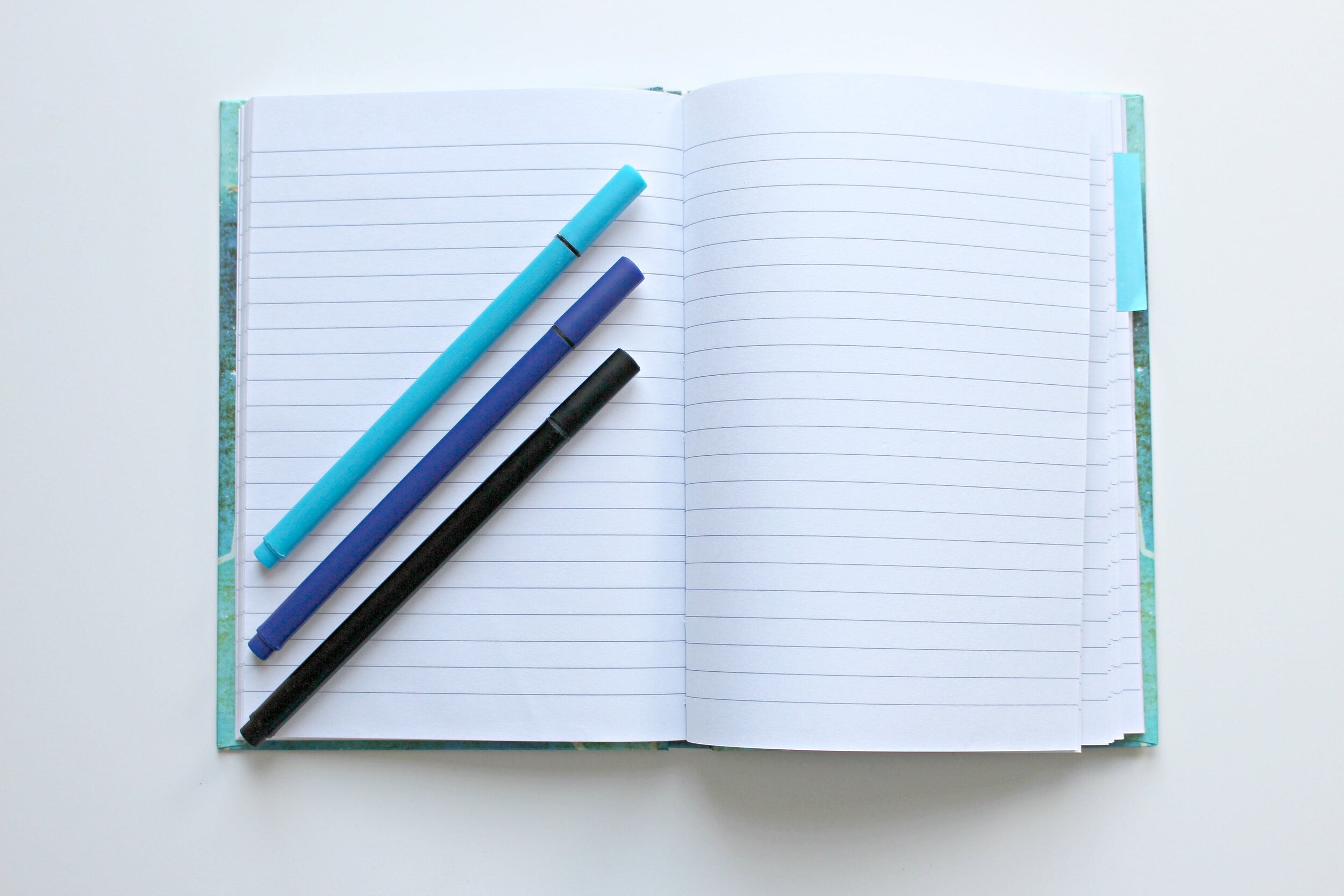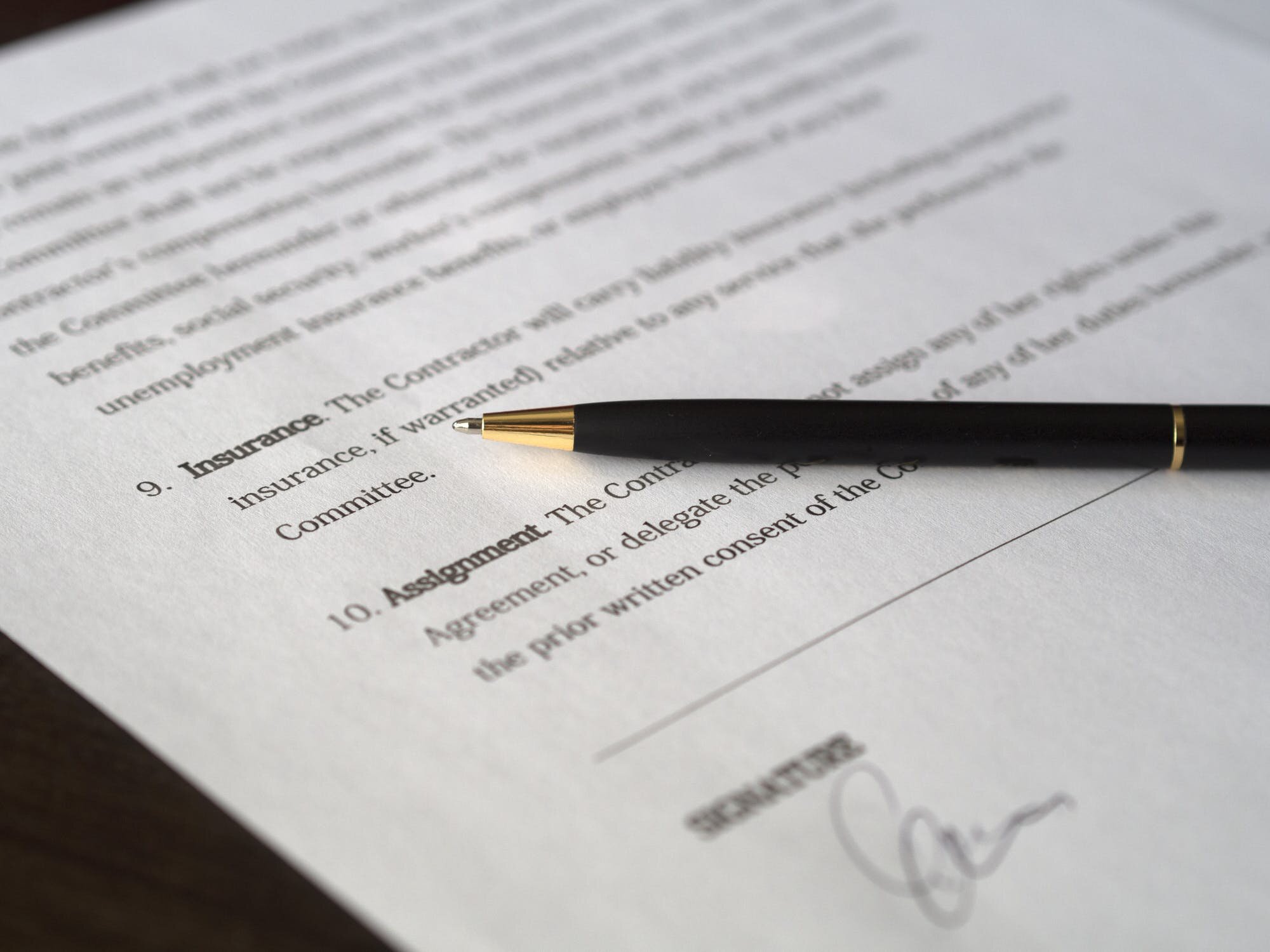Academic Publishing Part Two: Peer Reviews, Contracts and the Author Response
As I finish the final revisions for my book on the history of the Stewart Indian School, I am sharing my experiences with academic publishing. This is the second of three posts (see my first post here), and focuses on what you can expect from the peer review, author response, and contract process.
So, you got a positive response from an academic publisher – what does this mean and what happens next? A positive response from a publisher is a great thing – take a moment to be excited and enjoy this accomplishment. And then acknowledge that it is the first step on a long road toward getting a final publication contract.
As you proceed, I encourage you to reach out to your editors and ask questions. They are super knowledgeable and there to guide you through this process. The team I am working with is incredibly helpful and responsive: I’ve requested phone calls and met with one of my editors in person at a conference, just to get to know them better and develop a connection.
Also, ask for a detailed explanation of their publishing process and timeline. It is okay to admit ignorance, and your editors will do their best to make sure you understand how their press works. I want to emphasize the importance of this -- my experience might be different from yours, and if you’re anything like me, you’ll want at least a general idea of what the editing process looks like.
Getting Started: Series Fit and Initial Peer Reviews
Once an editor expressed interest in my work, they forwarded my proposal to the editors of an already established series within the press. (Most academic publishers organize their books within specific series – these may focus on Native American education, Feminist Studies, or Political Theory, to name a few examples.) These editors provided a limited amount of feedback on my proposal and agreed the book would fit within their series.
Next, my proposal was sent out for peer review to two experts. Getting the reports back from these reviewers took a couple of months. Know upfront that you have no control over how long this part of the process will take. Expect to feel a little frustrated by this, especially if you are impatient and excited to get moving, like me. Still, you are getting free feedback on your work from experts in your field. That’s a pretty great thing.
Once you do get your reviewer reports, they may take some time for you to process. You might feel like your reviewer knows exactly what you were going for in your project and that their comments and suggestions will absolutely improve the book. Or, it might seem like you and the reviewer are operating on a totally different set of assumptions or realities, and that they would like you to have written a completely different book. The reviews might also contradict each other in various ways. Out of this, you have to produce a cogent written response in which you explain how you will incorporate the reviewers’ feedback. How do you even begin this task?
Writing Your Author Response
As my editors explained, some suggestions offered by reviewers may not be within the scope of your project or might take it in an unwanted direction. Rather than panicking or worrying you are in for enormous rewrites, I learned that it is ok to explicitly say no to some of the changes recommended by your reviewers. Does this mean you refuse to incorporate any of your reviewers’ suggestions, or ignore potential edits because they might involve a lot of work? Of course not. But there is some latitude in deciding how you will respond to the suggestions offered in your reviews. Be reasonable. Accept suggestions that will make your work better. And thoughtfully decline those that do not fit with your project.
In terms of the mechanics of the author response, my editors asked me to provide a three-page written response to the critiques offered in my reviews. They advised that I begin the response by thanking the reviewers for their time and effort (which is 100% fair – they spent time reading my work and offered many good ideas on how to make it better) and then explain how and why I planned to incorporate or exclude various aspects of their feedback. I responded to each reviewer separately within the response and provided as many details as I could in response to their suggestions.
To share an example of feedback I chose not to incorporate, one of my reviewers suggested that I concentrate more on the faculty of the Stewart Indian School. I chose not to incorporate this feedback and specifically addressed why this was the case. First, the book focuses on Indigenous experiences at the school and purposefully centers Native perspectives. Incorporating the experiences of the mostly non-Native faculty and staff is not the point of the project and would take away from student experiences. Second, I do include faculty perspectives, though generally to fill information gaps or when Indigenous voices are not available to convey specific events in the school’s history. And, finally, even if I did want to include additional information about the faculty, this material is difficult to acquire given limitations on access to federal employee personnel files, due to privacy concerns, and the limited number of public statements by these individuals. These reasons were accepted and supported by my editors.
(If anyone wants to see this first author response, I am happy to share it – just send me a message.)
What is and Why do I Need an Advance Contract?
Once you submit your author response to your editors, they will take it to their publishing board or committee and decide whether to proceed and offer you an advance contract. If they agree with your feedback response, they will send you an advance contract that signals their interest in publishing the project. This is not a final contract. That will not come until your entire manuscript is reviewed once again by two experts.
What is the point of an advance contract? There are a couple of reasons publishers do this. If you are looking for an academic job, it can be helpful to have a book under contract – even if the contract is not the final contract. And second, at this point you can negotiate your contract, the money you will make from book sales or any other points in your contract. DO THIS!! It never hurts to ask for more or to address certain terms you may not be comfortable with. In my case I did ask for a higher percentage of the sales successfully, got the exclusion clause removed (a clause in which your publisher basically states they have first dibs on your next book, limiting your options to shop it elsewhere), and unsuccessfully requested that the publisher pay for indexing the book.
Asking for different terms can feel icky, and you may get a no, but definitely try!!!
Lather, Rise, Repeat: Peer Review Part Two and Another Author Response
At this point, incorporate the edits described in your author response into your draft. Prepare or finish the rest of your manuscript, work with your publisher to set a realistic due date, and turn it in! Two peer reviewers will read and comment on your full manuscript. These reviewers may be new to your project, the same as your first set of reviewers, or a combination of the two. Same drill as before: you wait for their feedback and draft a second author response to the reviewers’ comments. In my case, I again had three pages to address the feedback, and I followed the same guidance my editors had previously provided.
My editors took my response and reviewers’ feedback to the publishing board once again to determine whether to proceed with a final contract. My plan for addressing the reviewers’ comments was accepted, my contract finalized, and the publication date set. (Spring ’22 – woo hoo!) My editors gave me about five months to finish the edits, and I am in the middle of completing them now.
I hope this is helpful to anyone thinking of publishing with an academic press – feel free to send along questions or comments about your own experiences and I will do my best to answer.
Good luck!
**All photos from pexels.com**





